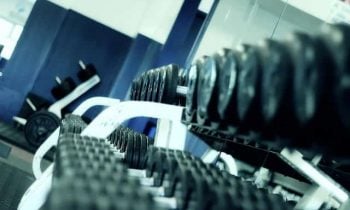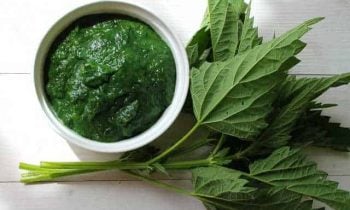Did you know that 90 percent of your weight comes from the water in your body? On average, a human adult’s body is made up of about 60 percent water. Your major organs, such as the brain, heart, kidneys, and lungs and body tissues, such as your muscles and bones have water in them. Every cell in your body has water in it, too.
Body functions that require water include:
• Regulation of Body Temperature
• Digestion
• Breakdown of Nutrients from Food
• Transporting of Nutrients All Over the Body
• Excretion of Waste
Water is vital to all living beings. Hydration is important for people at any age, but it is even more important for older people.
Why Is Hydration Important for Adults Over 50?
As you reach 20, you start to lose body water and by the time you are 80, you will lose about 6 liters of body water. This natural decrease of body water can make you more at risk of dehydration. Not to forget that your body loses water every day for performing daily activities.
Dehydration is one of the common causes of hospitalization in elderly people. It has been linked to frequent hospitalization and in the increased rate of mortality among hospitalized older adults.
Even at a younger age, many people struggle to meet the recommended daily water intake which is eight glasses of water per day. At an older age, it becomes even more of a struggle because of other factors.
Thirstiness is your body’s way of telling you that you need to drink water right away. But as you age, your sensation of thirst can decline and you may not feel like you need to drink water.
Moreover, there are several age-related changes that increase your chance of not drinking enough water. You do not feel as energized before and may feel lazy to get up and get water. You can lose your appetite. Solid foods contain water too and eating less of these foods decreases your fluid intake.
Older adults are also prone to developing chronic diseases, such as hypertension and diabetes. The medications for these medical conditions particularly diuretics and some blood pressure medications cause the kidneys to get rid of excess water in tissues and in the bloodstream which results in frequent urination.
Dehydration can lead to life-threatening complications. These are signs of dehydration in adults you need to watch out for:
• Dry Mouth
• Fatigue or Sleepiness
• Headache
• Dizziness
• Infrequent Urination
• Darker Urine
• Dry Skin
Severe dehydration can significantly reduce blood flow all over your body which can result to shock. It is a medical condition wherein the tissues in your body do not receive enough oxygen and nutrients. The cells die and the affected organs shut down. If left untreated, it could lead to death.
To prevent dehydration and to keep your organs and tissues healthy and functioning properly you need to hydrate your body by drinking sufficient amount of water every day.
Tips on How to Increase Water Intake
Water intake may vary depending on sex, age, and daily physical activities. In general, men are advised to drink 3 liters or 13 glasses of water per day and women should drink 2.2 liters or 9 glasses per day.
It’s a struggle for most people to meet this daily requirement so here are some tips on how to increase your water intake:
- Make a goal out of drinking the recommended amount of water every day. When your mind is set to achieving a goal, your body is likely to cooperate.
- Divide your goal amount into smaller goals. For example, set a goal of drinking three glasses of water in the morning till noon, four glasses in the afternoon and two glasses at night.
- Keep a container filled with water by your side all the time so you do not have to stand whenever you feel like drinking.
- Take a bottle of water with you when going outdoors especially when it’s hot.
- Choose water bottles with volume labels so you can keep track of the amount of your daily water intake.
- Encourage yourself to drink more water when taking your supplements or medications.
Water is life. Drinking sufficient amount of water every day should be made easy with these tips.


 GYM workout
GYM workout Caloric Intake for Over 50s
Caloric Intake for Over 50s Vitamin D for Over 50
Vitamin D for Over 50 Magnesium for Over 50
Magnesium for Over 50 Bodyweight exercises
Bodyweight exercises